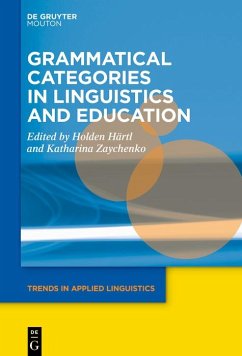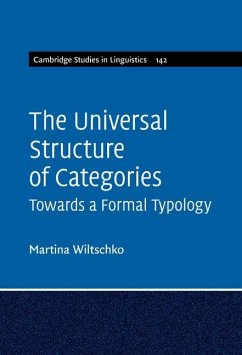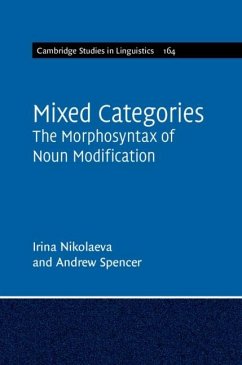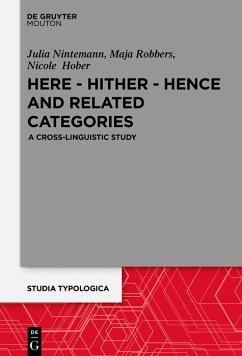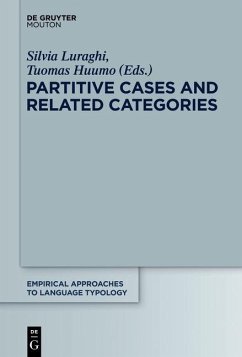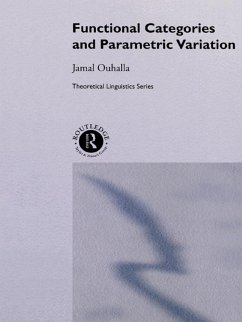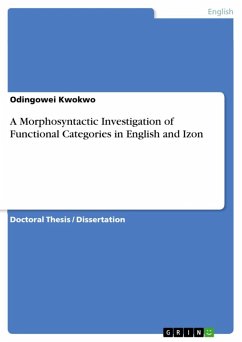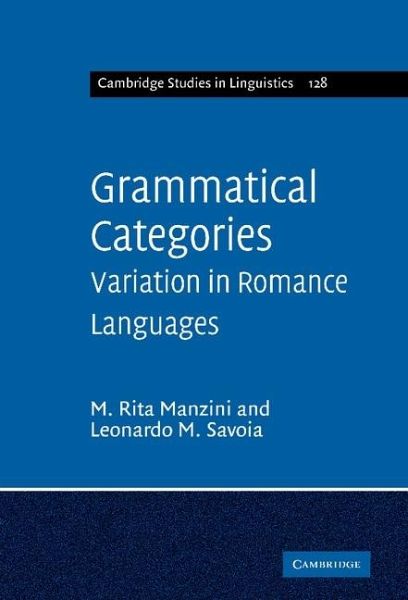
Grammatical Categories (eBook, ePUB)
Variation in Romance Languages
Versandkostenfrei!
Sofort per Download lieferbar
19,95 €
inkl. MwSt.
Weitere Ausgaben:

PAYBACK Punkte
10 °P sammeln!
Grammatical categories (e.g. complementizer, negation, auxiliary, case) are some of the most important building blocks of syntax and morphology. Categorization therefore poses fundamental questions about grammatical structures and about the lexicon from which they are built. Adopting a 'lexicalist' stance, the authors argue that lexical items are not epiphenomena, but really represent the mapping of sound to meaning (and vice versa) that classical conceptions imply. Their rule-governed combination creates words, phrases and sentences - structured by the 'categories' that are the object of the ...
Grammatical categories (e.g. complementizer, negation, auxiliary, case) are some of the most important building blocks of syntax and morphology. Categorization therefore poses fundamental questions about grammatical structures and about the lexicon from which they are built. Adopting a 'lexicalist' stance, the authors argue that lexical items are not epiphenomena, but really represent the mapping of sound to meaning (and vice versa) that classical conceptions imply. Their rule-governed combination creates words, phrases and sentences - structured by the 'categories' that are the object of the present inquiry. They argue that the distinction between functional and non-functional categories, between content words and inflections, is not as deeply rooted in grammar as is often thought. In their argumentation they lay the emphasis on empirical evidence, drawn mainly from dialectal variation in the Romance languages, as well as from Albanian.
Dieser Download kann aus rechtlichen Gründen nur mit Rechnungsadresse in A, B, BG, CY, CZ, D, DK, EW, E, FIN, F, GR, HR, H, IRL, I, LT, L, LR, M, NL, PL, P, R, S, SLO, SK ausgeliefert werden.




